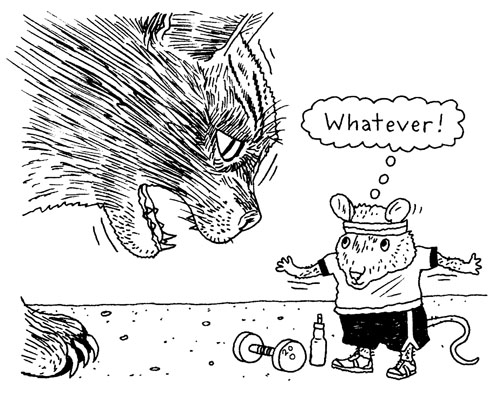In Short
Increased use of RITALIN, a drug prescribed for attention deficit hyperactivity disorder (ADHD), led to “little overall improvement in outcomes” in the short term, according to a June National Bureau of Economic Research working paper co-authored by Janet Currie *88, a professor of economics and public affairs. Currie and colleagues analyzed results of a 1997 policy change in Quebec that greatly increased Ritalin use. After the change, students with ADHD were even more likely to be behind in school. Boys were more likely to drop out of school, and girls reported an increase in unhappiness. The authors theorized that children received less attention in school after Ritalin made them less disruptive.
In a study published in May in The Journal of Neuroscience, psychology professor Elizabeth Gould and her research team found that mice that regularly exercised developed a higher mental tolerance for STRESS than mice that didn’t. The findings give “potential clues about helping people with anxiety disorders,” said Gould.
ELDERLY AMERICANS who live with children and teens tend to have a gloomier outlook on life than those who do not, concluded Angus Deaton, a professor of economics and international affairs, in a co-authored working paper published in June by the National Bureau of Economic Research. In cultures where multi-generation households are more common, the study found, living with children doesn’t evoke the same unhappiness.













No responses yet